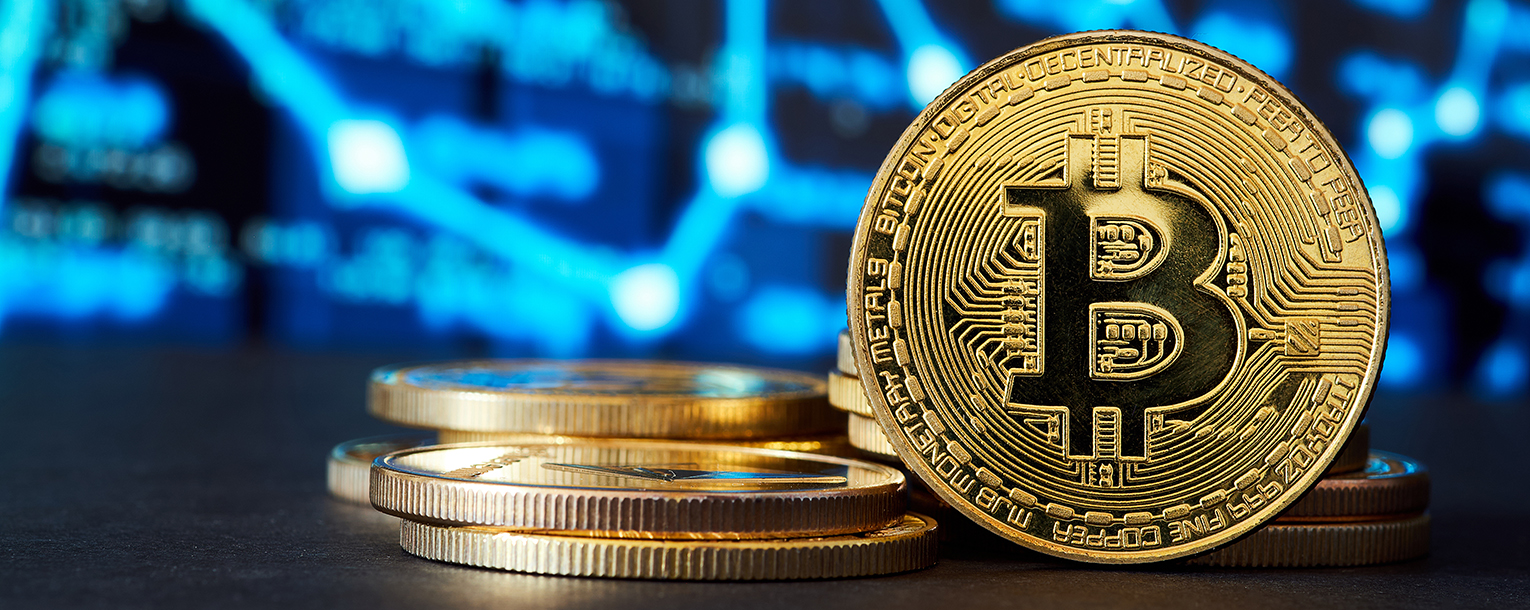
In a world where inflation poses a threat to the value of traditional currencies, many investors are seeking alternative assets that can safeguard their wealth. One such asset gaining traction is Bitcoin, a decentralized digital currency that presents unique characteristics making it a potential hedge against inflation.
Gold, Real Estate, or Bitcoin?
At least once in your lifetime, you’ve probably heard that one of the most effective ways to safeguard yourself against rising prices is to invest in real estate.
For a long time, the real estate sector has been considered a safe haven for our savings, and it still holds true today. However, it’s not always an accessible option, especially for younger individuals or those with limited liquidity.
So, whether it’s real estate or not, the important thing is to protect your savings by converting them into an asset that is more resilient than money, one that maintains its value over time.
Keeping cash “under the mattress” is not a solution. Not only it fails to produce long-term results, but due to inflation, the value gradually erodes.
What should you do then? Are gold, stocks, or oil the only ways to protect yourself against inflation?
More and more people are considering turning to Bitcoin. Is this a wise choice? The answer is far from straightforward. After all, Bitcoin is a relatively new asset often surrounded by a dense cloud of misinformation.
Understanding Inflation and Its Impact
Before delving into how Bitcoin can protect against inflation, let’s first grasp the concept of inflation. Inflation refers to the sustained increase in the general price level of goods and services, eroding the purchasing power of traditional currencies. As prices rise, the value of money diminishes, leading to a decline in individuals’ ability to buy the same amount of goods and services over time.
Bitcoin’s Fixed Supply and Scarcity
Unlike fiat currencies that can be printed at will, Bitcoin operates on a fixed supply schedule. The maximum number of Bitcoins that can ever exist is limited to 21 million. This inherent scarcity sets Bitcoin apart from traditional currencies and commodities like gold, making it immune to inflationary pressures caused by an increase in the money supply.
Bitcoin Mining and Halving
Bitcoin is created through a process called mining, where powerful computers compete to solve complex mathematical problems. Miners are rewarded with newly minted Bitcoins for their computational efforts in securing the network and validating transactions.
To maintain scarcity and control inflation, the Bitcoin protocol incorporates a mechanism called “halving.” Approximately every four years, the number of new Bitcoins issued to miners is halved. This event serves as an effective supply control method, gradually reducing the rate of Bitcoin issuance. As a result, the inflation rate of Bitcoin decreases over time, making it increasingly resistant to the erosion of value caused by rising prices.
Decentralization and Protection from Manipulation
Centralized authorities, such as central banks, can influence the value of traditional currencies through monetary policies and interventions. However, Bitcoin operates in a decentralized manner, with no single entity having control over its issuance or manipulation of its value. Its peer-to-peer network and consensus mechanism ensure that no individual or institution can arbitrarily influence Bitcoin’s supply or value.
This decentralization makes Bitcoin resilient against inflationary practices and provides individuals with an alternative form of money that is not subject to the whims of centralized authorities.
Conclusions
Bitcoin offers unique features that position it as a potential hedge against inflation. Its fixed supply, controlled issuance through mining and halving, and decentralized nature make it a deflationary digital asset that holds the potential to preserve purchasing power over time.
While the future of inflation is uncertain, Bitcoin’s scarcity, built-in supply control, and protection from manipulation make it an attractive choice for those seeking to safeguard their wealth in the face of rising prices. However, it’s important to remember that investing in Bitcoin, like any investment, carries risks, and thorough research and consideration of personal financial circumstances are crucial.